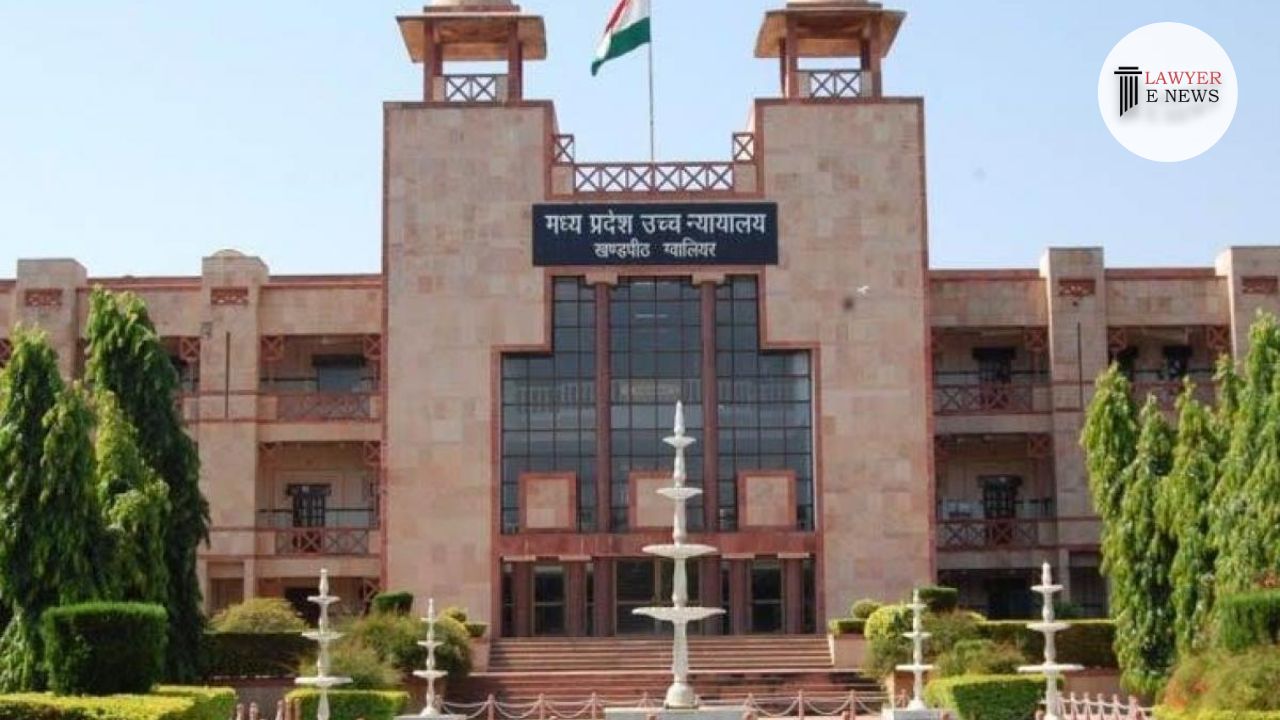-
by Admin
05 December 2025 4:19 PM



In a significant legal precedent, the High Court of Madhya Pradesh has delivered a crucial judgment reaffirming a husband’s liability to provide maintenance for his wife and child, even if he has voluntarily left his job. The ruling came in response to a revision petition filed by Sandeep Kumrawat against an order by the Family Court that had rejected his application for reducing the maintenance amount awarded to his wife and child.
The dispute arose from a matrimonial disagreement, and the court’s decision underscores the principles of maintenance law, emphasizing the obligation of husbands to support their families. The judgment highlights that maintenance proceedings under Section 125 of the Criminal Procedure Code are enacted to protect women and children, preventing them from falling into destitution and vagrancy.
Sandeep Kumrawat contended that his wife, who is highly qualified, had suppressed her income, and he was willing to support her. However, the court held that the wife was entitled to maintenance as per her husband’s standard of living during their marriage, even if she possessed educational qualifications. The court discouraged a hyper-technical approach and stressed the importance of considering the wife’s means at the time of living with her husband.
Furthermore, the court noted that even if Sandeep Kumrawat had voluntarily left his job, he remained liable to provide maintenance for his wife and child. The judgment reinforces the principle that an able-bodied husband must demonstrate compelling reasons beyond his control to evade his legal obligation of maintaining his family.
The ruling also clarifies the scope of revisional power, asserting that the court should not interfere with maintenance orders unless they are manifestly perverse. In this case, the High Court upheld the Family Court’s order, which had reduced the maintenance amount based on proper appreciation of evidence.
This judgment serves as a significant legal benchmark, upholding the rights of women and children in maintenance disputes and reiterating the essential responsibility of husbands to provide financial support, irrespective of their employment status.
Date of Decision: 19 October, 2023
SANDEEP KUMRAWAT VS SMT ANTIMA KUMRAWAT
